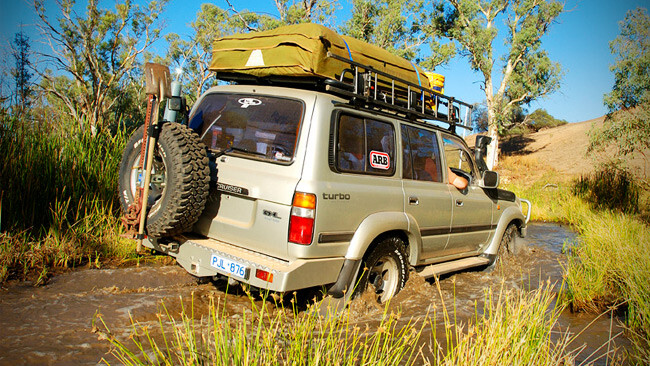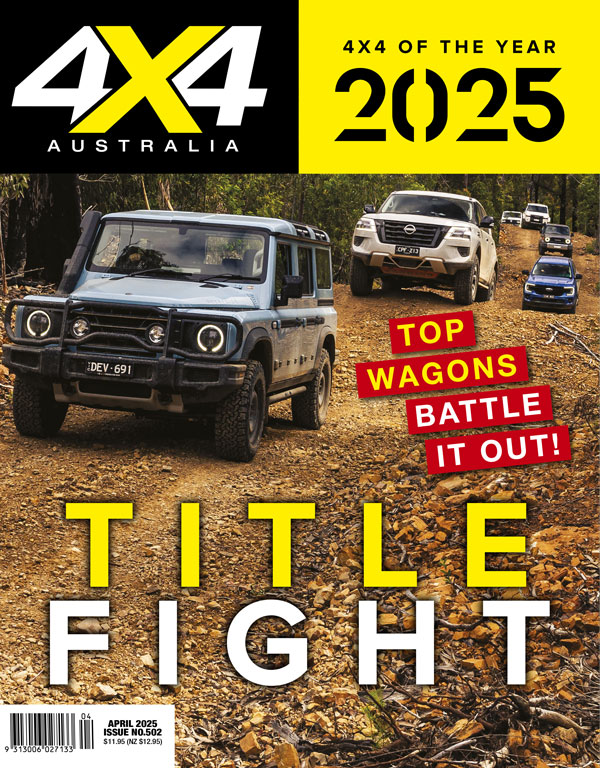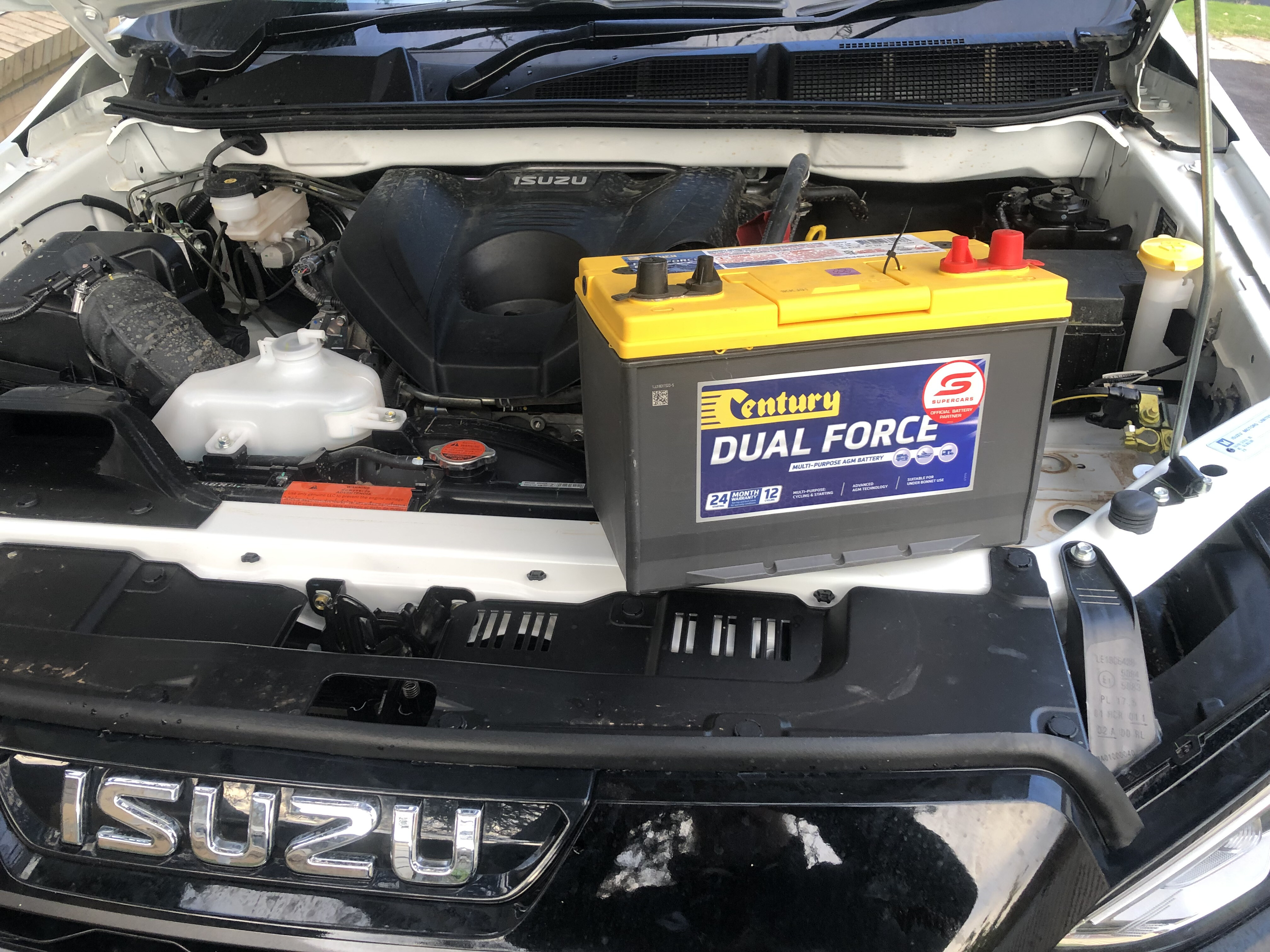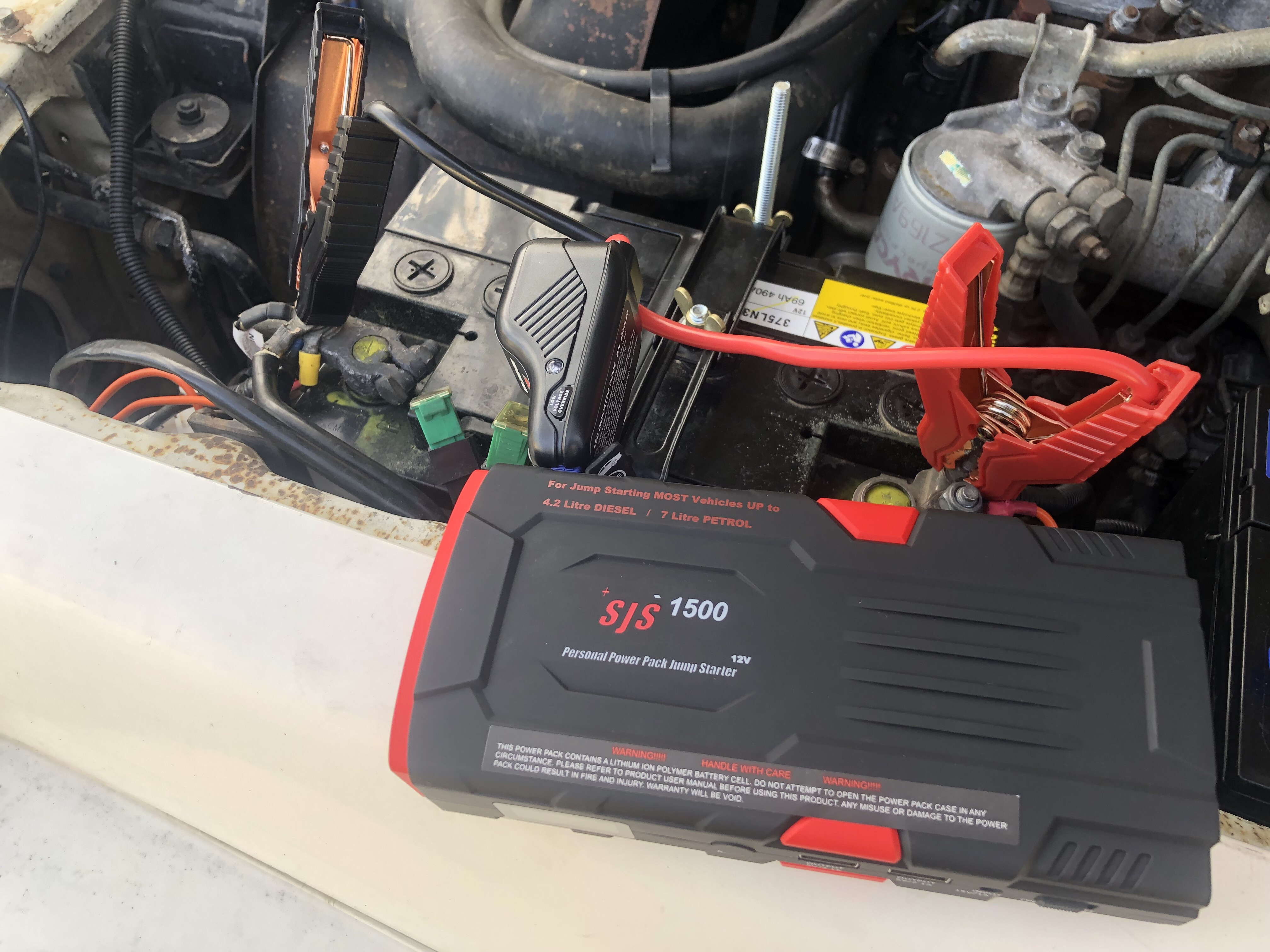Can’t fit all of your kit into your four-wheel drive? Check out 4X4’s guide to carrying gear on your roof.
Most four-wheel drivers have roof racks fitted to their vehicles for the simple reason that there’s never enough room inside your rig to carry everything you want. And, quite frankly, hauling a trailer can be a pain in the proverbial, especially when negotiating difficult terrain.So, what style of roof racks are best suited to your 4X4 and your needs? There are plenty of options when it comes to racks for your rig, so let’s start with the different types.Once upon a time, roof racks were simple transverse steel tubes that were connected to steel mounting legs that, in turn, were clamped to a vehicle’s roof gutters. Modern roof bars operate via the same principal and have the same basic design, but are far more versatile than their predecessors.Roof bars can be mounted to vehicles with guttered or gutterless roof designs and are either made from steel or alloy.The crossbars themselves usually have a channel of some description in the upper surface into which a variety of accessories can be fitted. Many crossbar designs will have an aerodynamic profile to minimise the impact on fuel consumption when the racks are fitted, but you’re not carrying a load. Others will have a squarer profile that is designed for heavy-duty applications.The legs that attach to the vehicle’s roof are designed specifically for each crossbar type. Some designs are incorporated into the structure of the bar, offering an aerodynamic profile, while others will sit within the width of the crossbars.Many of these legs are manufactured from tough glass-reinforced nylon and other composite materials, and many designs will feature locking mechanisms to prevent theft.Roof bars are ideal for carrying items that are long and strong enough to be secured across the span of both racks, such as ladders and lengths of timber from the hardware store, but if you want to carry the smaller items that you’d generally take with you on a trip away, such as luggage and tents, then you’ll need something more than just two transverse crossbars.To carry smaller items, you’ll need to attach a platform of some sort to the crossbars. There are plenty of designs available, manufactured from either steel mesh or alloy.If keeping roof height to a minimum is a priority, then a flat platform is the best option. If roof height is not an issue, then a roof basket will be a more versatile alternative.While the steel mesh designs allow you to lash items down with rope or tie-down straps, many alloy designs feature channels that can accept accessories for securing specific items.Both designs work well with roof bags, which are an ideal way of keeping your gear dust-free and dry.Another option for carrying smaller items up top is to fit a storage pod to the roof bars.For those who carry a lot of gear and who will be doing a lot of off-road driving and long distances, a sturdier option than roof bars is a dedicated roof rack, again either manufactured from steel or alloy. The obvious advantage of alloy over steel is that it is lighter and, when it comes to roof racks, this has a couple of benefits.Firstly, every vehicle will have a rated maximum roof weight limit, so the lighter the roof rack, the more you’ll be able to put on it before you exceed this weight limit. Secondly, if you put too much weight up top, it will affect your vehicle’s centre of gravity.Corrosion resistance is another advantage of alloy rack systems, but quality steel racks will usually have a powdercoat finish to prevent rust, and they are also very strong. And they’re usually cheaper than their alloy counterparts. If you opt to fit a dedicated roof rack, you’ll need to decide whether you need a full-length system or a three-quarter-length rack.This decision will depend on how much gear you need to carry up top and whether or not you intend to fit a rooftop tent to your rig. And, although some rooftop tents will fit to a three-quarter-length rack, you may still want some extra space for other items.There are a variety of accessories designed to make carrying gear on your roof easier. These include specific attachments for recreational equipment such as bicycles, skis and kayaks, or for items such as spare wheels, high-lift jacks, jerry cans and gas bottles.Other accessories include simple eye-hooks for lashing down gear, wind deflectors to aid aerodynamic efficiency and equipment designed to help you access gear on the roof, such as ladder rollers, boat loaders and steps. And pull-out awnings are ideal for that trackside lunch stop when you can’t find a tree to shelter under.





